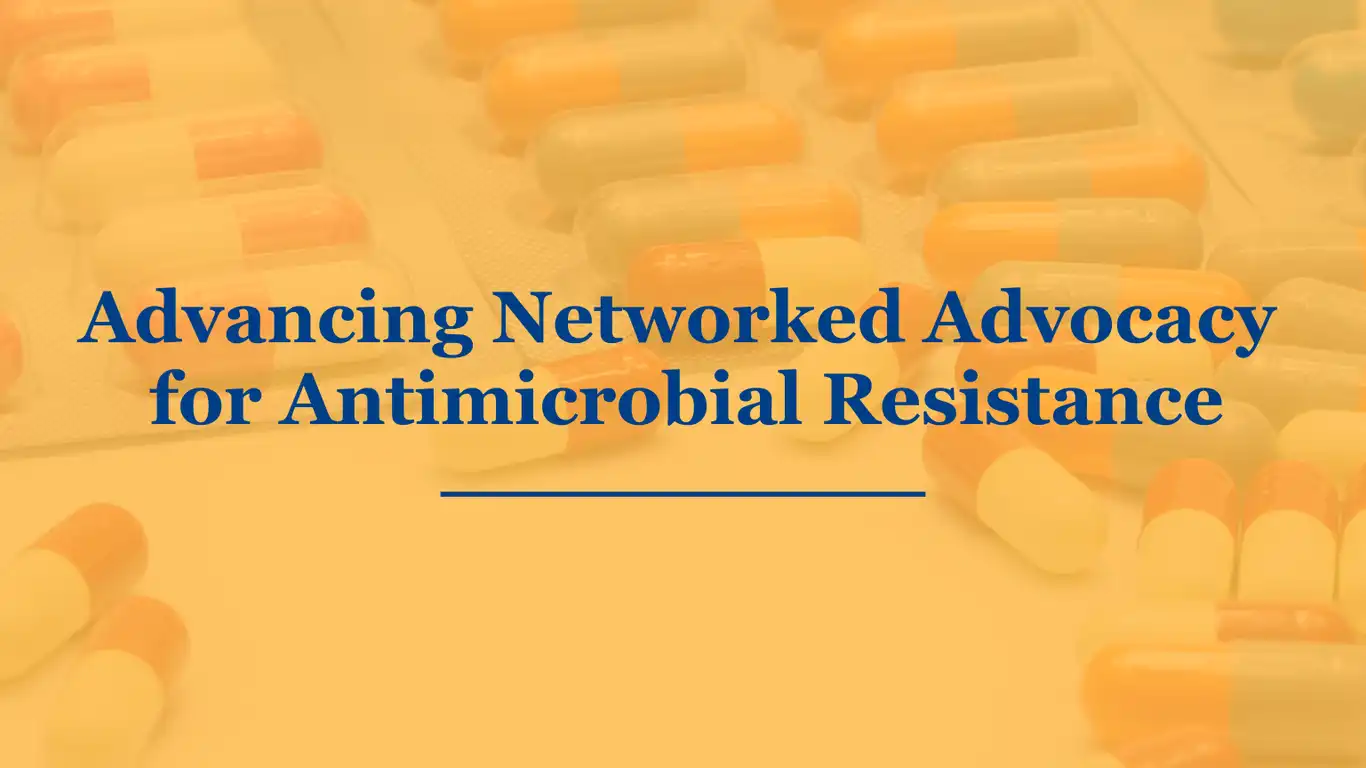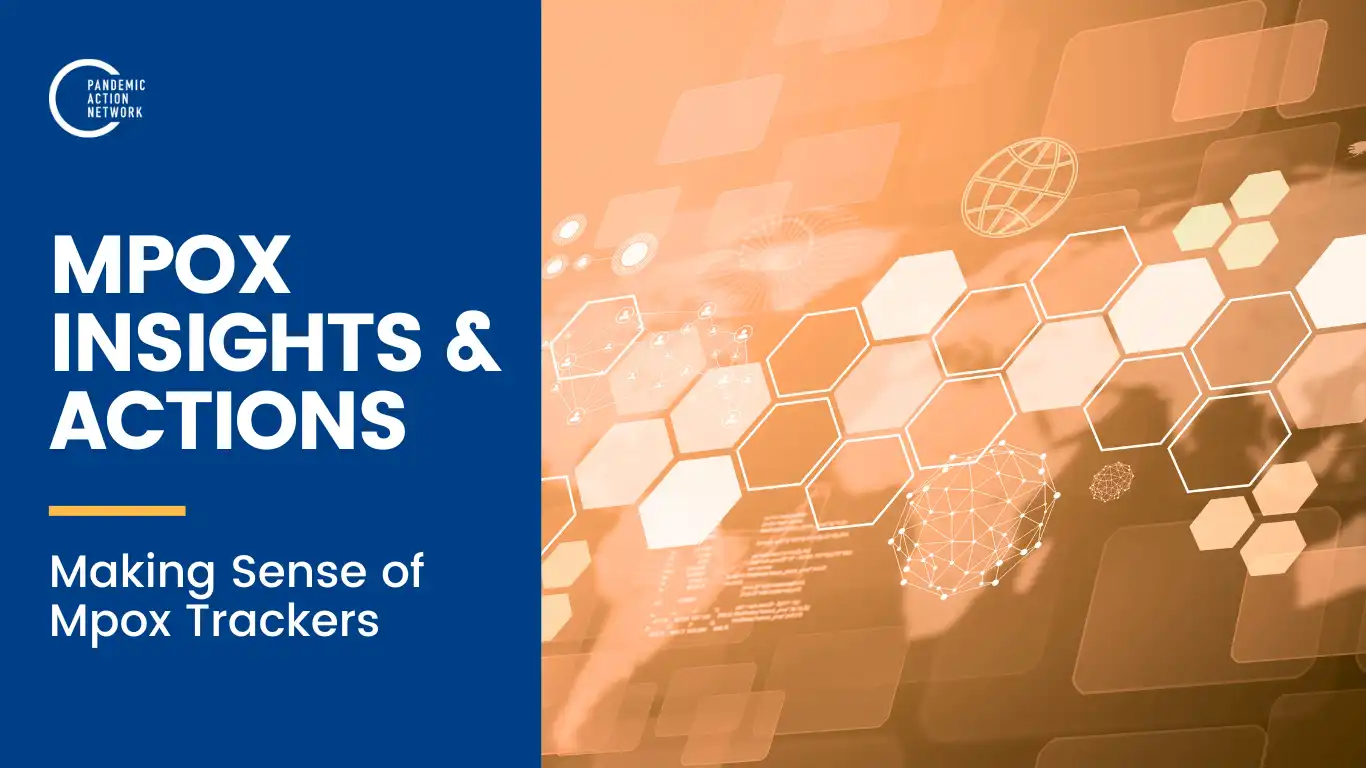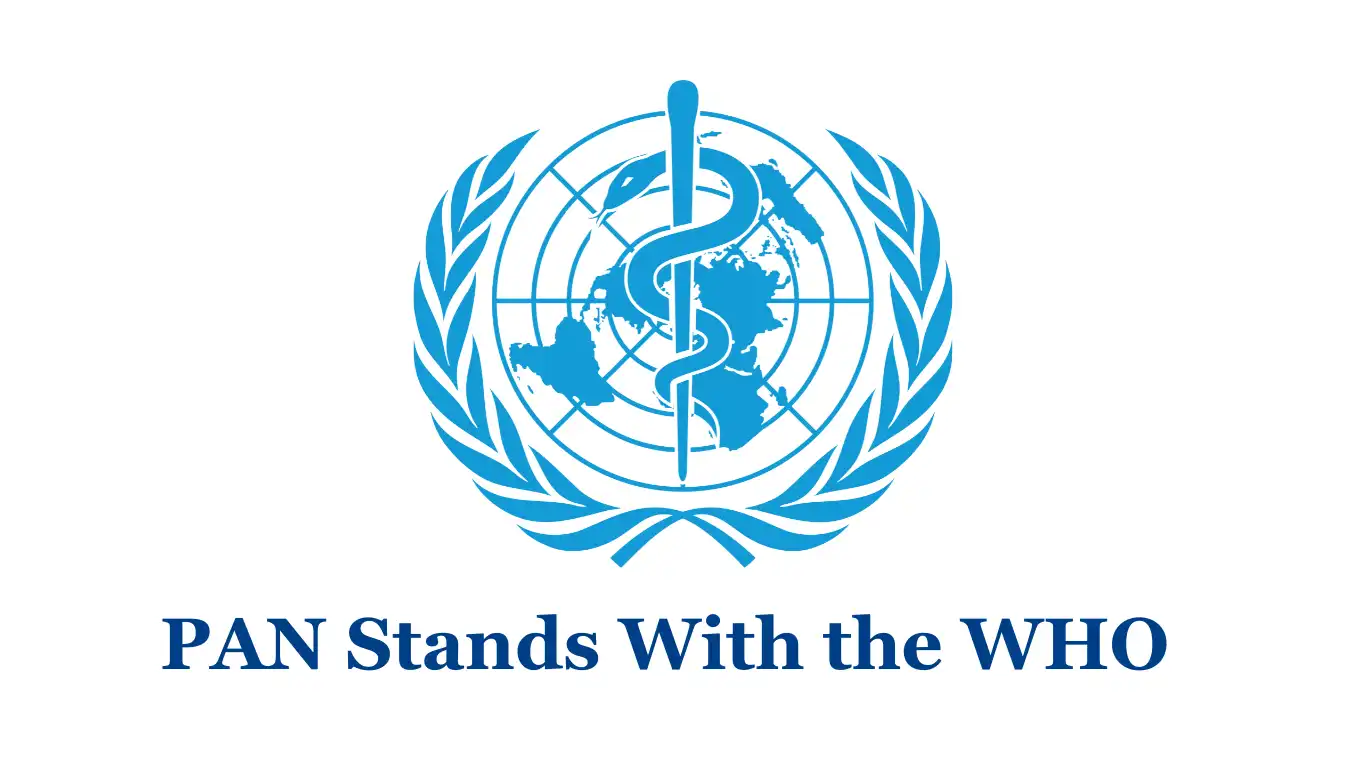Antimicrobial resistance (AMR) — or the decreasing power of frontline antibiotics and other treatments for bacteria, viruses, fungi, and other microbes — is an urgent global challenge, and one requires coordinated global action and leadership,
The 2024 UN High-level Meeting on AMR brought leaders together to advance high-level political commitment to collectively solve the AMR challenge, and the Fourth Global High-level Ministerial Conference in Jeddah presents another opportunity to solidify concrete goals and targets to combat AMR around the world. But while these commitments are laudable, they must be backed with time-bound action and appropriate funding to be meaningful.
At Pandemic Action Network (PAN), we recognize the complex, multi-sectoral challenge of AMR. We see the power of networked advocacy, by a diverse coalition of stakeholders to help drive change for a cross-cutting agenda and hold leaders accountable for action. In many ways, the challenges of AMR mirror the challenges of pandemic prevention, preparedness, and response (PPR), and many of the solutions are intrinsically interlinked. By bringing networks more purposefully together, we can drive common and integrated solutions to advance AMR and pandemic PPR — and more broadly, global health resilience.
Common priorities across the AMR and pandemic PPR agendas include:
- Effective and globally-integrated surveillance. Strong and globally networked surveillance is essential to identify and respond with targeted interventions for AMR, just as it is for epidemic and pandemic threats. It is also critical that surveillance data across the human, animal, agriculture, and environment spheres be bolstered and integrated in a One Health approach to reflect the cross-cutting nature of AMR, analogous to the cross-cutting, whole-of-society imperative of pandemic PPR.
- Infection prevention and control (IPC). IPC must also be a priority for both AMR and pandemic PPR. The ability to leverage an array of evidence-based practices to prevent and reduce the risk of disease transmission — in healthcare settings and in communities — is pivotal to effectively respond to AMR and emerging disease threats, alongside the appropriate use of new and existing drugs, treatments, and vaccines.
- Research & development (R&D). R&D for new drugs, therapeutics, diagnostics, and vaccines is central to the AMR and pandemic PPR agendas. In both areas, a limited R&D pipeline — fueled by a market-based system that prioritizes profit over global need — threatens effective response and our collective ability to protect health and livelihoods against emerging diseases and microbes.
- Skilled and supported global health workforce. As major threats to health everywhere, the challenges presented by AMR and pandemic threats demand a strong, supported, and nimble global health workforce — from disease surveillance all the way to patient care. Specific attention is also needed at the hyper-local level to ensure community health workers (CHWs) reach all populations and build locally-rooted, community-driven plans for AMR and pandemic PPR.
- Equity, access, and stewardship. Across the board, AMR and pandemic PPR responses must be grounded in equity, prioritizing appropriate, affordable, and equitable access to interventions, as well as frontline and novel health technologies. AMR and pandemic PPR are global challenges, and leaving the most marginalized and vulnerable behind not only threatens human rights, but also effective and long-lasting solutions.
- Political leadership and funding. While well-known and urgent global health challenges, political leadership and funding for both AMR and pandemics pales in comparison to the threats posed. High-level leadership paired with significant and sustainable funding is required to kick-start and maintain action needed to fuel long-term solutions — which may require years of work before showing full impact.
- Global solidarity and action. AMR and pandemic PPR are global challenges that demand solidarity and collective action. They are not issues that can be easily isolated or addressed only in the national context — in fact, the threats are so large and complex that protecting the national interest requires coordinated global action. To drive sustainable solutions, stakeholders must work together across sectors, geographies, and politics to collaborate, share information, and advance common solutions to protect health as a global good.
AMR and pandemic PPR are among the biggest global health challenges of our time. They demand not just aligned solutions, but aligned focus, decision-making, and action to mitigate these threats to health, livelihoods, and well-being. Coming together, across sectors and communities will be essential, and working together as advocates can be a powerful part of the solution. We know much of what needs to be done — we just need the shared will and urgency to act.



